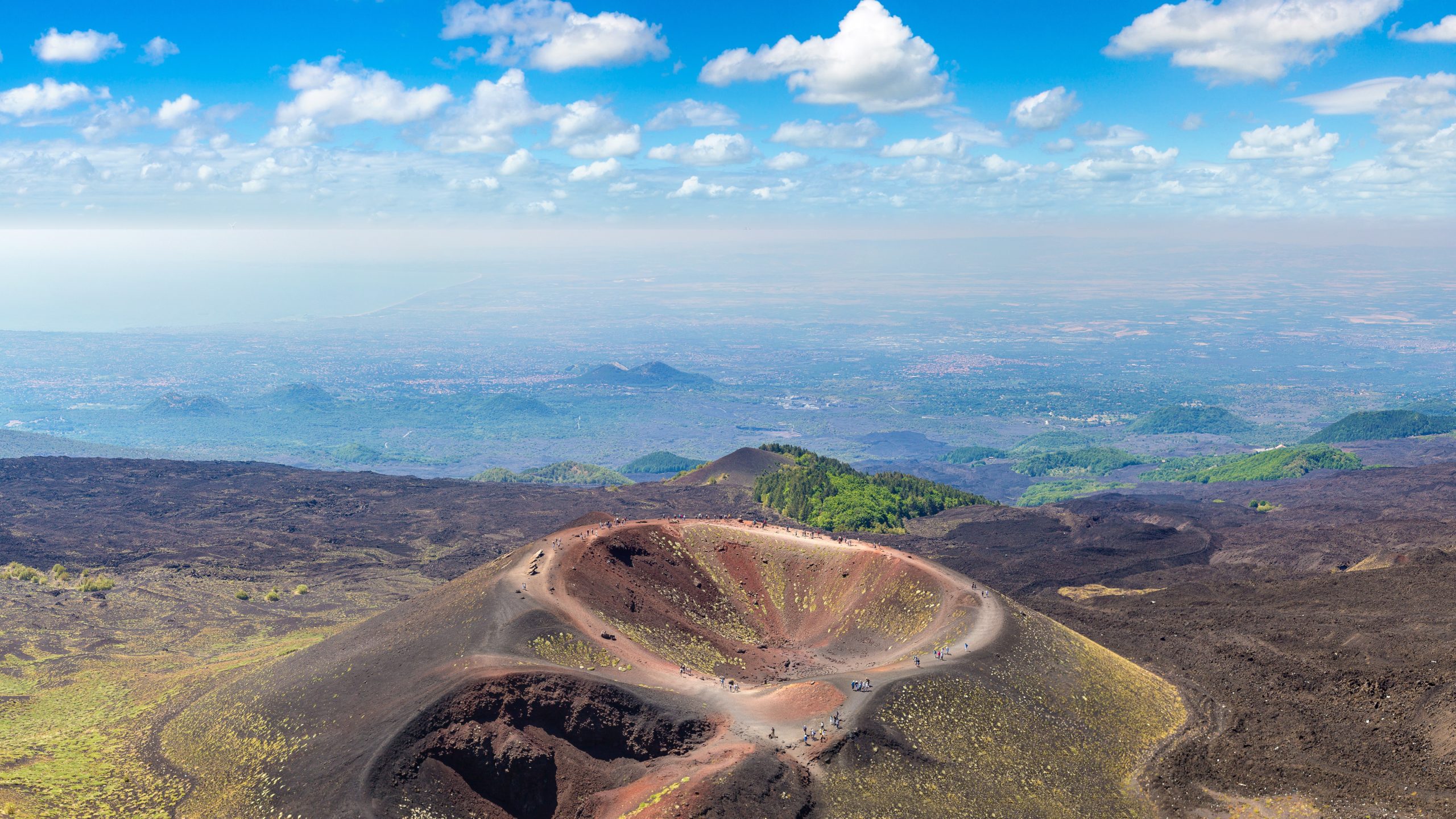
Researchers at the GFZ Research Center for Geosciences are working on developing a new generation of portable, inexpensive gravimeters (a type of accelerometer that is used to precisely measure local gravitational field strength) for real-time monitoring of subsurface mass changes. The EU-funded project – called NEWTON-g – will use gravity sensors based on microelectromechanical systems (MEMS).
NEWTON-g (new tools for terrain gravimetry) aims to overcome the limitations imposed by currently available instrumentation, such as high cost and operating features. Gravimetry can detect changes in subsurface mass, providing a window into processes that involve deep fluids. A better understanding of the characteristics and distribution of subsurface fluids could lead to better sustainable management of energy resources, better management of water resources, and more accurate assessment of hazards, such as volcanic eruptions.
The instruments will look into the subsurface of Mt. Etna, in Sicily while anchored to a quantum gravimeter of the latest generation – a device that measures the absolute value of gravity on the spot – and three superconducting gravimeters. The field-compatible gravity imager is able to provide real-time monitoring of the evolution of the subsurface mass changes through continuous images of the gravity field. Mt. Etna was chosen as a natural laboratory due to its frequent gravity fluctuations, easy access to the active structures, and the presence of a multi-parameter monitoring system (including traditional gravimeters).
The project was launched in June of this year but will take two years until the first sensors are installed, as the first two years of the project will be dedicated to developing the field-compatible instruments.
